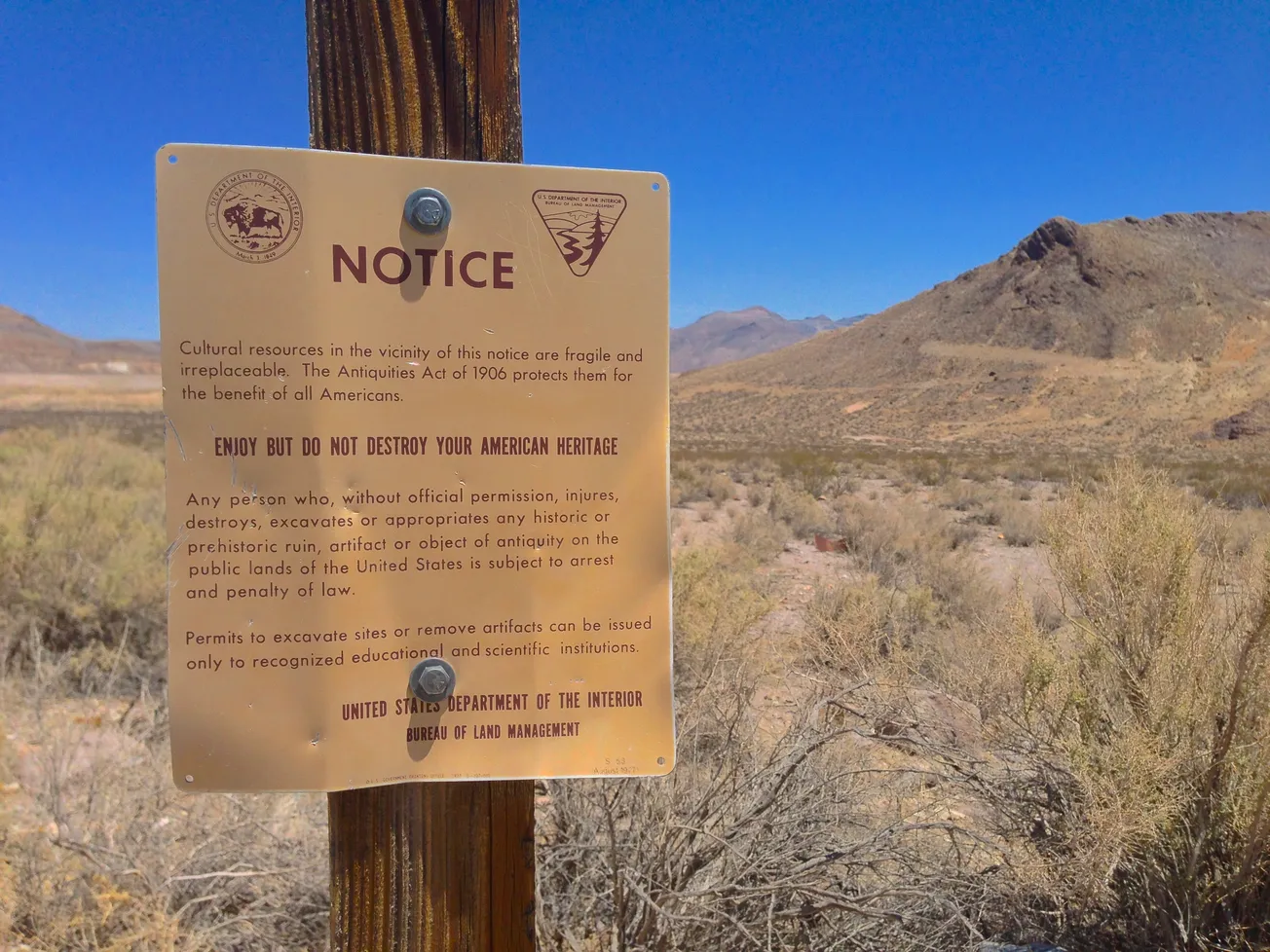The Antiquities Act, signed into law by President Theodore Roosevelt in 1906, is a landmark piece of federal legislation that enables the executive branch to preserve and defend national monuments and other areas of historic significance to the public.
Roosevelt’s support of this law, which led to increased historical preservation and the development of the National Park Service, is reflective of his belief that it is imperative for the president to set a robust national agenda while combating eternal threats like ignorance, poverty, and waste. He was not unique in this respect.
In “The Federalist Papers,” Alexander Hamilton wrote the following:
“Energy in the Executive is a leading character in the definition of good government. It is essential to the protection of the community against foreign attacks; it is not less essential to the steady administration of the laws; to the protection of property against those irregular and high-handed combinations which sometimes interrupt the ordinary course of justice; to the security of liberty against the enterprises and assaults of ambition, of faction, and of anarchy.”
Hamilton and the other Founding Fathers were keenly aware of the importance of a president who took an active role in promoting the common good. This mirrors arguments the Biblical prophets made to the kings of Israel regarding the importance of honoring Torah.
After their exodus from enslavement in Egypt, the Israelites experienced great suffering, doubt, and infighting before their entrance into the Promised Land. Just before they were able to enter their new home, Moses warned them to always honor Torah and remember their past enslavement in Egypt. He knew that their newfound security and strength would tempt them to forget their past suffering, which would cause them to forget the practices which kept them free. Accordingly, the prophet told his people:
“Watch out! Be careful never to forget what you yourself have seen. Do not let these memories escape from your mind as long as you live! And be sure to pass them on to your children and grandchildren.”
(Deut 4:9)
The covenant, which God said would bless all nations, focuses on the duties of the patriarch, and later the monarch, to honor the Most High by preserving the teachings of the past. The promise and blessing would be passed down, and each recipient was to be a trustee of God’s demands in order to share them with further generations.
Similarly, our Founding Fathers gave us a form of government dedicated to the proposition that all men are created equal and endowed by their creator with inalienable rights. The effort to respect, protect, and expand this promise is a solemn duty entrusted to each successive generation. Put simply, our founding creed is a covenantal promise passed down to each new generation who enjoy these blessings because of the sacrifices of our forebears.
Although the American president is certainly not a monarch, he or she is similarly entrusted with the protection of the common good, the defense of minorities, and the preservation of memory. Whenever Biblical kings forgot to honor the Torah’s commandments, disaster for the community as a whole soon followed. Our Founding Fathers were similarly aware of the dangers that our new form of government faced, demonstrated by Benjamin Franklin’s assertion that the constitution created “a republic, if [we] can keep it.”
Should movements which seek to diminish the importance of historical preservation and memory succeed, it would undermine the very principles which inform our democratic society. This is thoroughly unacceptable, and the executive branch has a central responsibility to foreclose this potential possibility. Efforts to undermine the president’s authority and responsibility to designate historical sites have an enervating impact on the common good.
In fact, the Founding Fathers felt that the president is uniquely qualified to operate broadly in this respect. In fact, the Federalist Papers assert that “decision, activity, secrecy, and despatch will generally characterize the proceedings of one man in a much more eminent degree than the proceedings of any greater number.” This means that the president has the singular ability to both promote and implement a coherent and unified national vision. The Antiquities Act furthers this crucial responsibility, and therefore it must be protected.
Moreover, future presidential administrations should vigorously defend the law as a strong example of the Biblical and American injunctions to remember the past to protect the present, so that future generations can defend its promise. Relatedly, parties who seek to divide and fracture the common good for private gain, to the chagrin of the public, should be viewed with suspicion. In this regard, we must reflect on the warning of the Prophet Ezekiel:
“Her princes in the midst thereof are like wolves ravening the prey, to shed blood, and to destroy souls, to get dishonest gain.”
(Ezek 22:27)
Alexander Walton is an honors graduate of Morehouse College, where he earned a Bachelor of Arts in Philosophy. He is currently a Master of Arts candidate at Yale Divinity School and the Yale Institute of Sacred Music.







